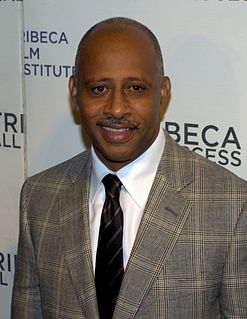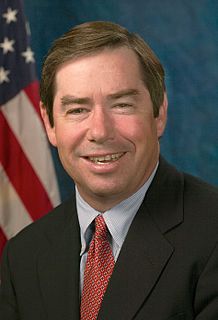A Quote by Charlton Heston
I am very proud of the fact that I led the arts contingent on the civil rights march in the summer of '63. In many ways, I think it was the high-water mark of the civil rights movement.
Related Quotes
For many years now, I have been an outspoken supporter of civil and human rights for gay and lesbian people. Gays and lesbians stood up for civil rights in Montgomery, Selma, in Albany, Ga. and St. Augustine, Fla., and many other campaigns of the Civil Rights Movement. Many of these courageous men and women were fighting for my freedom at a time when they could find few voices for their own, and I salute their contributions.
I think one of the tragedies of the civil rights movement was because the civil rights movement became so court-focused, I think that there was a tendency to lose track of the political and community organizing, and activities on the ground, that are able to put together the actual coalitions of power throughout which you bring about redistributive change. And in some ways, we still suffer from that.
For black politicians, civil rights organizations and white liberals to support the racist practices of the University of Michigan amounts to no less than a gross betrayal of the civil rights principles of our historic struggle from slavery to the final guarantee of constitutional rights to all Americans. Indeed, it was practices like those of the University of Michigan, but against blacks, that were the focal point of much of the civil rights movement.
In the summer of 1966, I went to Mississippi to be in the heart of the civil-rights movement, helping people who had been thrown off the farms or taken off the welfare roles for registering to vote. While working there, I met the civil-rights lawyer I later married - we became an interracial couple.
In less than a century we experienced great movement. The youth movement! The labor movement! The civil rights movement! The peace movement! The solidarity movement! The women's movement! The disability movement! The disarmament movement! The gay rights movement! The environmental movement! Movement! Transformation! Is there any reason to believe we are done?
Jim Jones started out as a civil rights crusader in Indianapolis. As a young preacher in the mid-50s, he used members of his congregation to integrate lunch counters and all-white churches in rich neighborhoods; they'd just march in and sit down at the pews and see what happened. Often they were received with racist insults, and once with a bomb threat. But the fact that you had this charismatic, white man, aggressively promoting racial equality, was a huge draw for African Americans, many of whom felt the Civil Rights Movement had stalled by the late 60s.




































